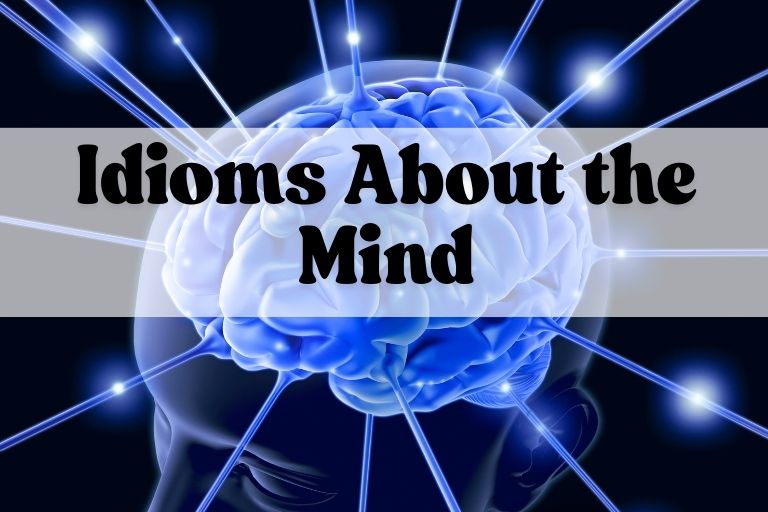Idioms About the Mind: A Comprehensive Guide
Idioms are colorful expressions that add depth and nuance to the English language. Mastering idioms, especially those related to the mind, is crucial for understanding native speakers and expressing yourself more vividly. This article provides a comprehensive guide to idioms about the mind, covering their definitions, structures, usage rules, common mistakes, and practice exercises. Whether…










